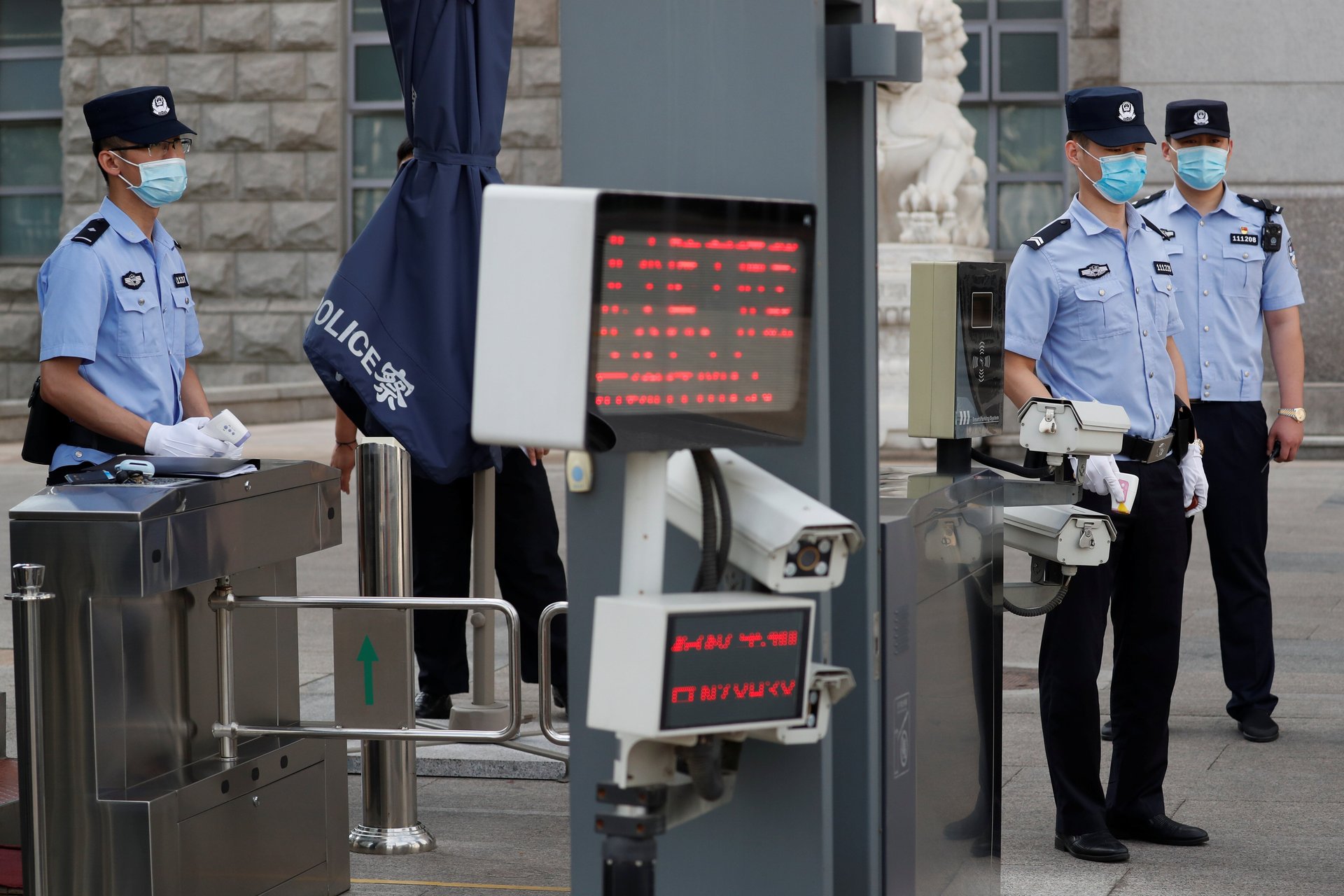China’s jailing of an outspoken property tycoon is a warning to its elites: Stay quiet
In March, Ren Zhiqiang, then a high-profile member of the ruling Communist Party, referred to China’s president a “clown” over his handling of the coronavirus. Today, he was sentenced to spend what will likely be the rest of his life in prison.


In March, Ren Zhiqiang, then a high-profile member of the ruling Communist Party, referred to China’s president a “clown” over his handling of the coronavirus. Today, he was sentenced to spend what will likely be the rest of his life in prison.
The 69-year-old former chairman of the state-owned Huayuan property conglomerate, who became known as “The Cannon” for his outspoken criticism of the Party, was convicted Sept. 22 in a Beijing court for corruption, taking bribes, misuse of public funds, and abuse of power as an employee of state-owned entities, according to court documents (link in Chinese). The court said Ren admitted to all the charges, which included the allegation that he enriching himself by around 19 million yuan ($2.8 million).
Despite the charges of financial impropriety leveled against him, many will see the verdict as the stark silencing of a prominent critic, rather than the punishment of corruption. After campaigns in recent years against critics in civil society, from lawyers to human rights defenders, the Party has honed in this year on criticism from its inner circle. Last month, Cai Xia, a former teacher at the Party’s top academy, was also expelled from the Party after her denouncement of Xi as a “mafia boss” in a recording leaked online. There is also ever greater pressure on other elite ranks of the society, including private entrepreneurs, to show loyalty to Beijing.
Ren issued probably the fiercest public criticism of the Party, and Xi himself, during the peak of the coronavirus outbreak in China. He referred to Xi obliquely as “a clown who stripped naked and insisted on continuing being emperor,” and criticized the government for trying to suppress information about the pandemic, mentioning for example the case of doctors who were warned by police not to spread rumors, when they were sharing early information about of infections from a new coronavirus.
While regular critics of the government are quickly targeted, and online dissent erased, Ren’s political connections helped him stay out of trouble for a long time despite publicly railing about social issues and government policy. A Party member himself, Ren is also a “princeling”—the son of former commerce ministry director Ren Quansheng, and has a resume that includes more than a decade as the leader of a People’s Liberation Army platoon.
In 2016, his account on Weibo, where he had over 15 million followers, was blocked after he criticized a decree from the Chinese president Xi Jinping urging news media to serve the Party.
Shortly after his scathing essay went viral in China, Ren vanished from public sight and Beijing later announced that he had been expelled from the Party and put under criminal investigation.